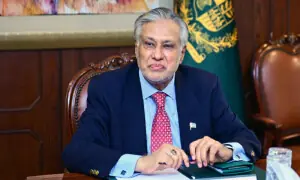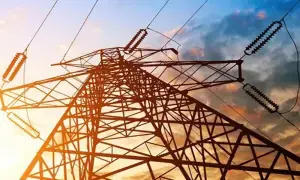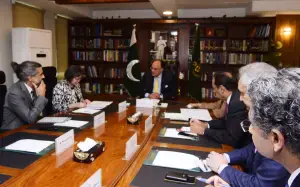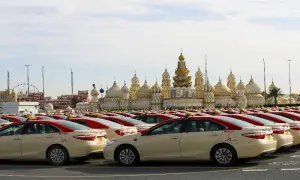World Bank paper suggests elderly Pakistanis are richer than before
2 min readAs living standards increase, elderly people in Pakistan are saving more than before, according to a policy paper published by the World Bank Group.
In Pakistan, 88.5% of the population is informally employed but the overall availability of formal pension schemes is low. Therefore, the elderly often work into old age or depend on their children to cover their living expenses.
The paper investigated a third way of financing: savings.
The researchers collected data through the Pakistan Social and Living Standards Measurement (PSLM) survey, which provided household-level data on assets, income, and expenditure, as well as individual-level data such as education, health, age, etc. over eight years.
The key findings of the policy research paper are as follows:
- The average informal Pakistani household accumulates 4.2 years’ worth of consumption between the household head’s ages of 25 and 65.
- Saving rate increases by 20% between the ages 40 and 65.
- Income extracted from assets roughly represents one-third of household consumption. These assets include land, equipment, and animals.
- Land grows by around 10 months’ worth over the life cycle.
- Nearly 80% of the wealth accumulated by age 60-65 is comprised of residential buildings. This has increased from 73% in 2001.
- The proportion of 65-year-old heads with more than five years’ worth of consumption in net worth has increased from 30% in 2001 to 50% in 2018.
- The median wealth among households headed by 60-65-year-olds has grown from 1.5 years’ net worth to 3 years’ net worth.
The above findings indicate that the net worth of informal Pakistani households with elderly members has increased significantly over time. That is, elderly Pakistanis are less likely to live in poor households compared to non-elderly adults.
This may be due to changing socioeconomic trends. Three of these trends are relevant: an increase in life expectancy, an increase in GDP per capita, and a decrease in fertility rates. Together, these trends increase living standards while decreasing family support, propelling people to save more for their older years.
The increase in net worth suggests a potential demand for long-term saving schemes designed for the informal sector.
Furthermore, while the net worth of the elderly has increased, a lot of them are reliant on non-liquid assets—mostly land and residential buildings. Thus, extracting emergency funds is difficult. Financial literacy among such people is also low. This indicates that there is a need to create better options for the elderly to save.
For the latest news, follow us on Twitter @Aaj_Urdu. We are also on Facebook, Instagram and YouTube.


























Comments are closed on this story.